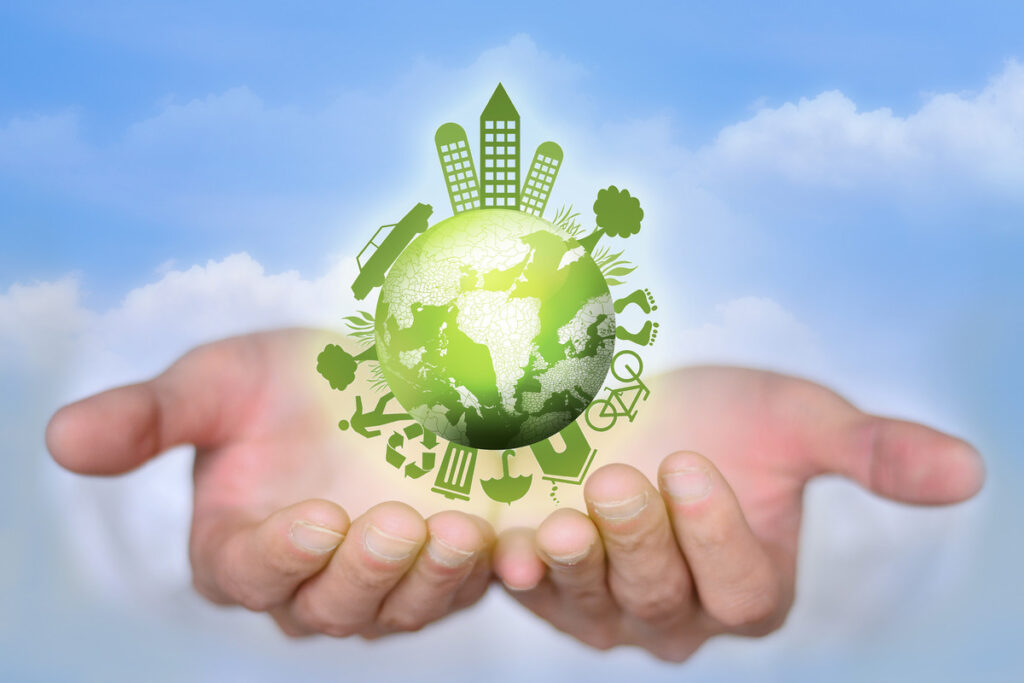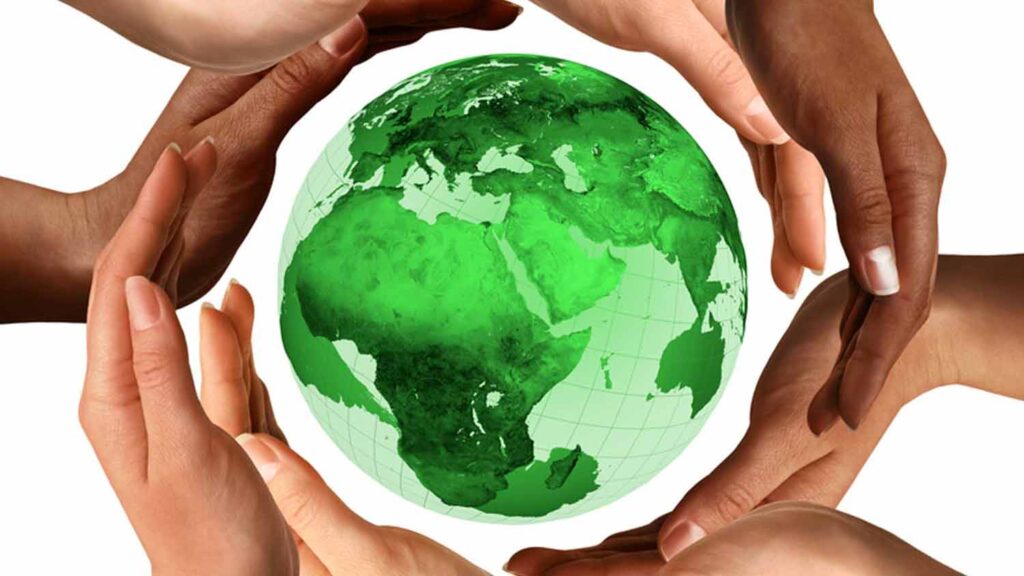Global Challenges And Indian Scenario In recent years, the world has witnessed a surge in waste generation due to the rapid growth of population and consumption patterns. This has led to a global challenge of finding sustainable solutions to manage and reduce waste. However, this challenge also presents an opportunity to transform waste into wealth through innovative and circular economy approaches. This blog will explore the global challenges associated with waste management and highlight the Indian scenario in waste-to-wealth initiatives.
One of the major challenges worldwide is the increasing amount of waste being produced. According to the World Bank, global waste generation is expected to rise by 70% by 2050 if no significant actions are taken. This waste includes various forms such as municipal solid waste, e-waste, plastic waste, and hazardous waste. Improper waste management can lead to severe environmental pollution, health risks, and resource depletion.

In India, waste management has emerged as a pressing issue due to rapid urbanization and industrialization. Indian cities produce around 62 million tons of solid waste annually, which is projected to reach 165 million tons by 2030. Inadequate infrastructure and ineffective waste collection, segregation, and disposal systems have exacerbated the problem. Landfills are filling up quickly, causing environmental degradation and health hazards. It is imperative for India to find sustainable solutions and capitalize on the potential of waste-to-wealth initiatives.
Fortunately, India has recognized the need to address this challenge and has taken significant strides towards waste management and resource recovery. The country has introduced policies and regulations to promote waste segregation at source, reduce landfill dependency, and encourage recycling and reuse. The Swachh Bharat Abhiyan (Clean India Mission), launched in 2014, aims to make India open-defecation free by addressing sanitation and waste management issues.
You can read our another post on World Food Day

India’s waste management sector is also witnessing a paradigm shift towards a circular economy model. This model emphasizes reducing waste generation, maximizing resource recovery, and minimizing environmental impact. Various innovative waste-to-wealth initiatives have emerged across the country.
One shining example is the plastic waste management initiative in Indore, Madhya Pradesh, where plastic waste is being converted into fuel in a waste-to-energy plant. This not only helps to address the plastic waste crisis but also generates employment opportunities and contributes to reducing dependency on fossil fuels.
Another remarkable initiative is the use of bio-composting for organic waste management. In cities like Bangalore, decentralized bio-composting facilities are being set up to convert kitchen and garden waste into high-quality compost. This compost is then sold to farmers, reducing the demand for chemical fertilizers and improving soil fertility.
More: Wanted to download Odishashop.com visit here

Furthermore, startups and social enterprises in India are exploring innovative ways to transform waste into valuable products. For instance, companies like Banyan Nation are converting post-consumer plastic waste into recycled granules used for manufacturing new plastic products. These initiatives not only address waste management challenges but also add economic value to the recycled materials.
However, there are still numerous challenges that need to be addressed to ensure the success of waste-to-wealth initiatives in India. These include creating awareness about waste management practices, building adequate infrastructure for waste segregation and treatment, promoting research and development in waste conversion technologies, and creating an enabling environment for private sector involvement.
To conclude, the global challenge of waste management necessitates innovative solutions to transform waste into wealth. The Indian scenario presents both challenges and opportunities in waste management, and the country has shown commendable efforts in adopting waste-to-wealth initiatives. By embracing the principles of a circular economy and combining technological advancements with effective policies and regulations, India can transition towards a sustainable waste management system that not only protects the environment but also contributes to socio-economic development.

Write A FAQ For Global Challenges And Indian Scenario
What is ‘Waste to Wealth’ and why is it important in the global context?
‘Waste to Wealth’ refers to the process of converting waste materials into valuable resources or products. It is important in the global context because it offers a sustainable solution to the growing problem of waste generation and its adverse environmental impacts. By harnessing the potential of waste, we can reduce the strain on natural resources, mitigate pollution, and create economic opportunities.
What are some global challenges in implementing the ‘Waste to Wealth’ concept?
One of the main challenges is the lack of awareness and understanding about the potential value of waste in many parts of the world. Additionally, inadequate waste management infrastructure, limited technological expertise, and the absence of supportive policies can also hinder the effective implementation of ‘Waste to Wealth’ initiatives globally.
How does the Indian scenario contribute to the ‘Waste to Wealth’ concept?
India, with its massive population and rapid urbanization, faces significant waste management challenges. However, it also presents a unique opportunity for ‘Waste to Wealth’ initiatives due to the abundance of waste materials. The Indian government has implemented various policies and programs to promote waste management and resource recovery, encouraging entrepreneurship and innovation in this field.
What are some successful examples of ‘Waste to Wealth’ initiatives in India?
India has witnessed several successful ‘Waste to Wealth’ initiatives in recent years. One example is the conversion of agriculture waste into biofuels, which not only reduces pollution from crop residue burning but also creates renewable energy sources. Another example is the recycling of e-waste to recover valuable metals and minimize the environmental impact of electronic waste disposal.
How can individuals contribute to the ‘Waste to Wealth’ concept in their daily lives?
Individuals can contribute to ‘Waste to Wealth’ by adopting sustainable waste management practices, such as recycling and composting. They can also support businesses that utilize waste materials to create new products. Additionally, raising awareness about the importance of waste reduction and resource recovery among friends, family, and their local communities can also make a significant impact.
